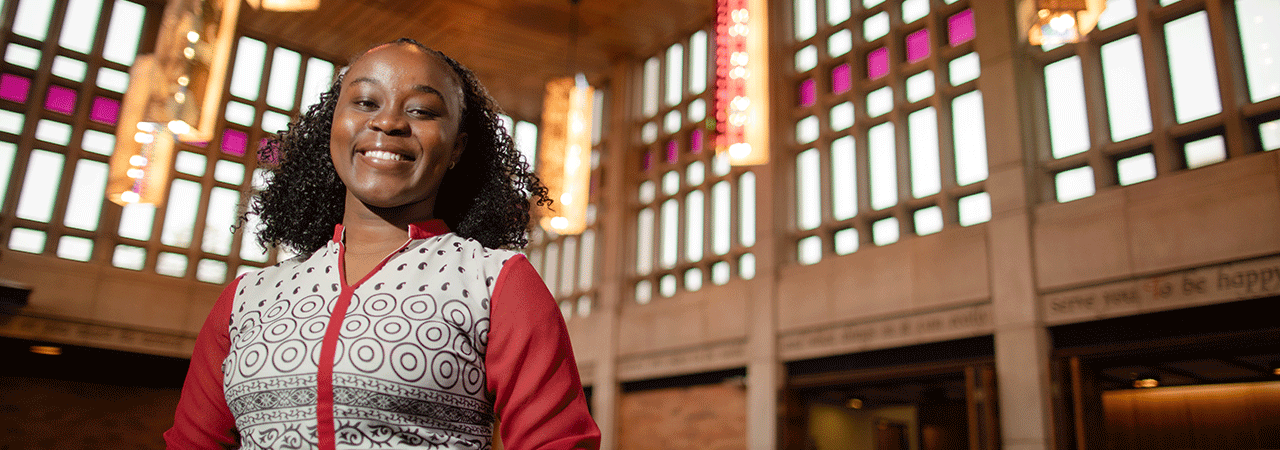
The Connaught Fund supports University of Toronto researchers through its ten programs that provide a broad scope of funding opportunities across the disciplines.

Mai AliEdward S. Rogers Department of Electrical EngineeringConnaught PhDs for Public Impact Fellowship Program 2025-2026 Ms. Ali’s research applies machine learning to digital psychiatry to address gaps in mental health treatment. She is the founder of Research Connect, a program supporting Black undergraduate students in engineering by engaging high school students in AI and mental health education. The project develops AI-driven tools that are ethical, inclusive and informed by lived experiences and addresses the rising need for accessible mental health care among adolescents. |

Susana BéjarDepartment of LinguisticsConnaught Community Partnership Research Program 2025-2026 Professor Béjar studies inflectional systems—the rules and processes by which a word changes form to express a different grammatical function such as a tense, mood or voice. Her recent work includes a study exploring case/agreement mismatches and a project examining Inuttitut grammar and language documentation completed in collaboration with Labrador Inuit language specialists. |
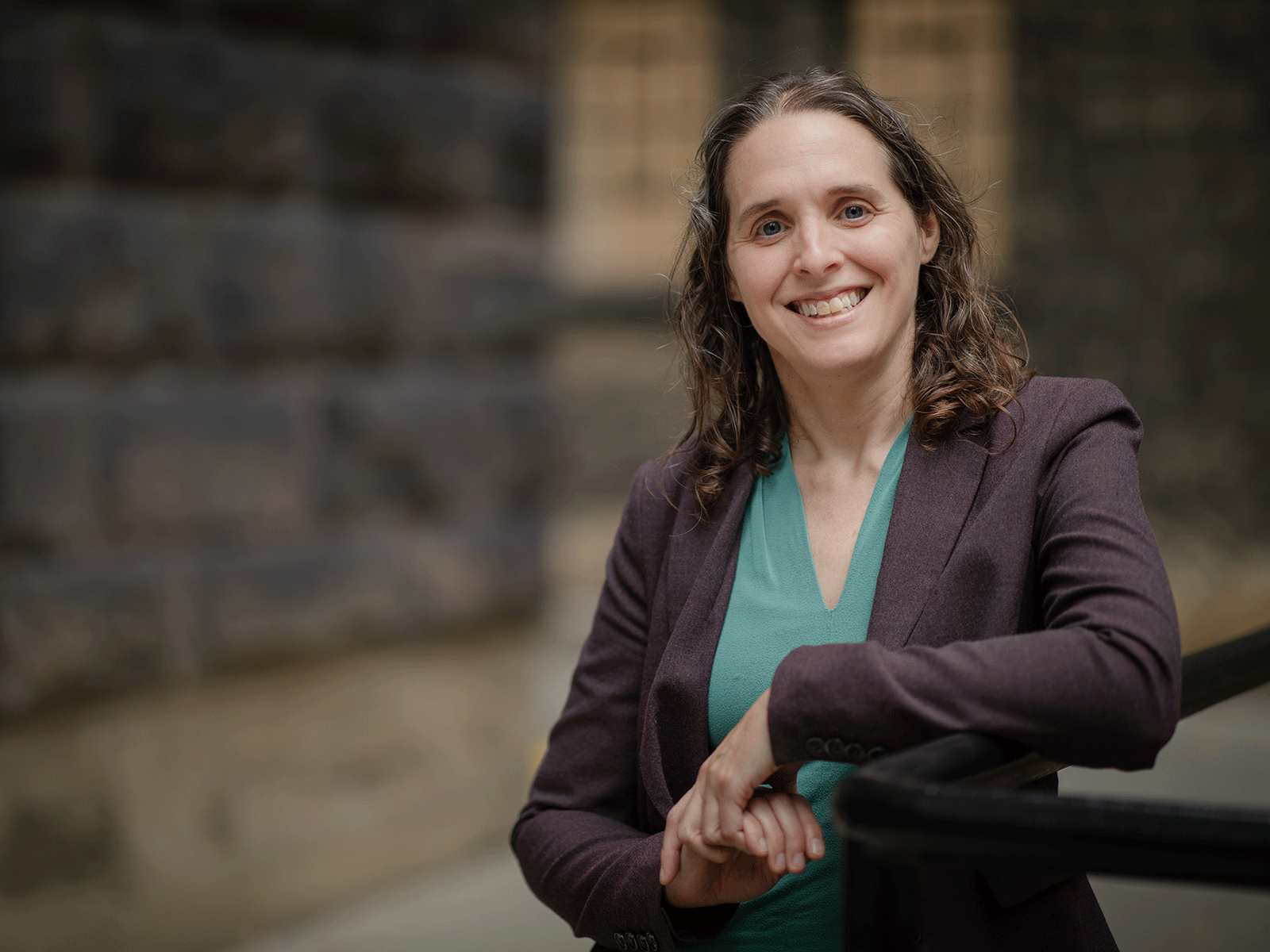
Amy BiltonDepartment of Mechanical & Industrial EngineeringMcLean Award 2024 Professor Bilton’s research focuses on the innovation of water and energy technology to aid sustainable global development. This includes sustainable aeration technology for aquaculture environments, treatment systems for oil contaminated water, energy conversion for powering sensors using the ocean’s currents and sanitation technologies for peri-urban environments. Throughout her research career, she has partnered with several industry and non-governmental organizations (NGOs) globally, most notably in India, Bangladesh, Vietnam, Mexico and Nicaragua. |

Hilary BrownDepartment of Health & Society, UTSCMid-Career Researcher Award 2025 Professor Brown’s research program uses epidemiologic methods to examine maternal and child health and mental health across the life course, with a particular focus on populations with disabilities and chronic disease, health equity and the social determinants of health. She is the Canada Research Chair in Disability and Reproductive Health. |
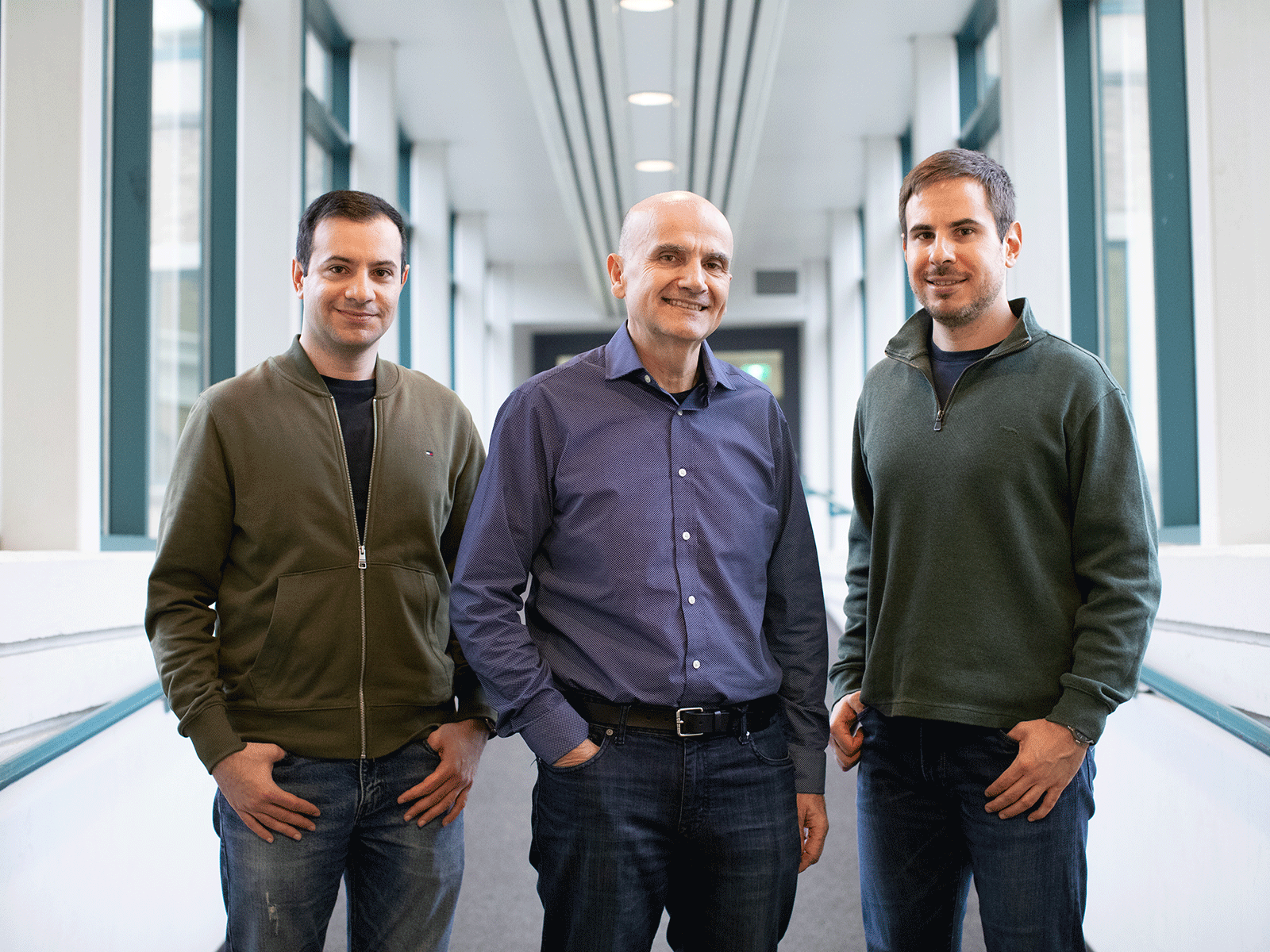
ByteShape--University of Toronto Early Stage Technology (UTEST) 2024 ByteShape is co-founded by Chief Executive Officer Professor Andreas Moshovos from the Edward S. Rogers Sr. Department of Electrical and Computer Engineering, Lead Machine Learning Acceleration Engineer Miloš Nikolić, Lead Software Engineer Enrique Torres Sánchez and Lead Scientist Ali Hadi Zadeh. They are making AI nimble, fast and inexpensive through foundational bitlength learning technologies. |

Lya Chiñas SerranoDepartment of Chemical Engineering & Applied ChemistryInternational Doctoral Scholarship 2024-2025 Ms. Chiñas Serrano's research focuses on building computational models that capture the complex behaviour of bacterial cells. Her work combines genome-scale metabolic modelling with machine learning to bridge the gap between laboratory measurements and the actual dynamics that occur inside living cells. She aims to contribute to the creation of an AI-powered virtual cell that accelerates the design–build–test cycle in biotechnology, enabling the sustainable production of fuels, pharmaceuticals and chemicals. |

Alexander EnsmingerDepartment of Biochemistry and Department of Molecular GeneticsMid-Career Researcher Award 2025 Professor Ensminger is interested in the evolution of microbial pathogens and the mechanisms by which these diminutive organisms persist in our environment and make us sick. His lab studies the Legionella pneumophila, a remarkable bacterial pathogen that maintains the microbial world’s largest known arsenal of translocated effectors, the molecules secreted by pathogens to manipulate host cellular processes. It holds immense promise to provide novel insight into human health and disease. |

Michael GartonInstitute of Biomedical EngineeringConnaught Innovation Awards 2024-2025 Professor Garton’s lab is integrating computational protein design techniques with high-throughput experimental methods to design living cells with new functions. His research program aims to develop the full pipeline from computational design through preclinical testing and clinical trials. His long-term vision is to engineer smart living cell devices that cure serious diseases. |
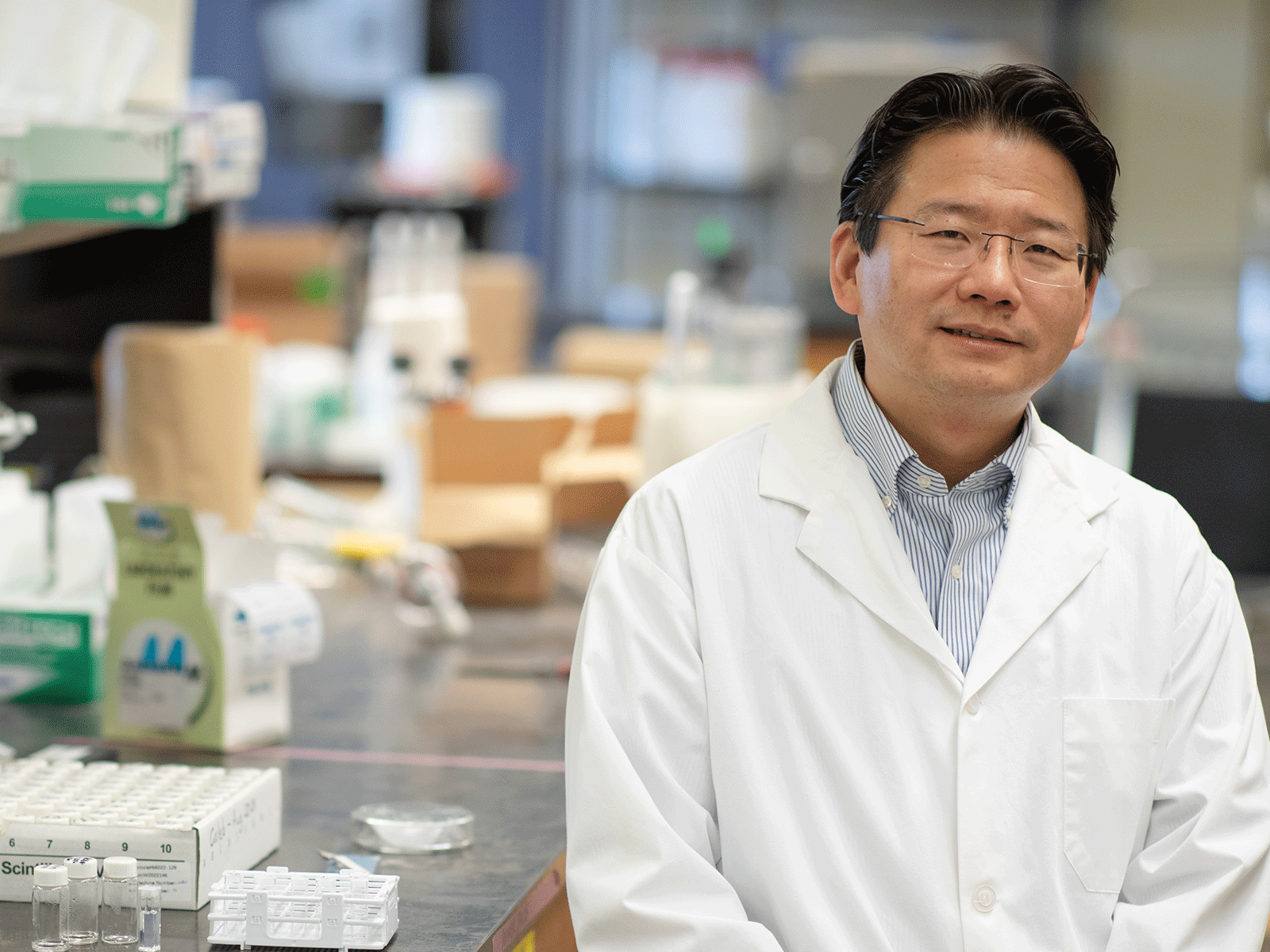
Frank GuDepartment of Chemical Engineering & Applied ChemistryConnaught Innovation Award 2023-2024 Professor Gu’s work focuses on nanotechnology engineering to innovate important advances for medical and life science applications. His leading-edge projects have produced new materials and tools for targeted drug delivery, rapid pathogen detection and passive water treatment. His research impact includes developing mucoadhesive nanoparticles for the treatment of dry eye disease, wastewater treatment technologies that operates through exposure to light and diagnostic platforms for the detection and identification of pathogens using nanomaterials such as gold nanoparticles. |

Darren HamiltonFaculty of MusicConnaught New Researcher Award 2023-2024 Professor Hamilton’s research explores the perceptions and benefits of curricular gospel choir programs for students at Canadian postsecondary institutions. His research interests lie in formal gospel music pedagogy, popular music pedagogy, hip hop music education, anti-Black racism in music education and equity, diversity and social justice in music education. He is the visionary and co-author of the national MusiCounts Learn teacher resource, #BlackMusicMatters: Hip Hop & Social Justice in Canada, which engages students in the critical inquiry of social justice themes through Canadian Hip Hop music. |
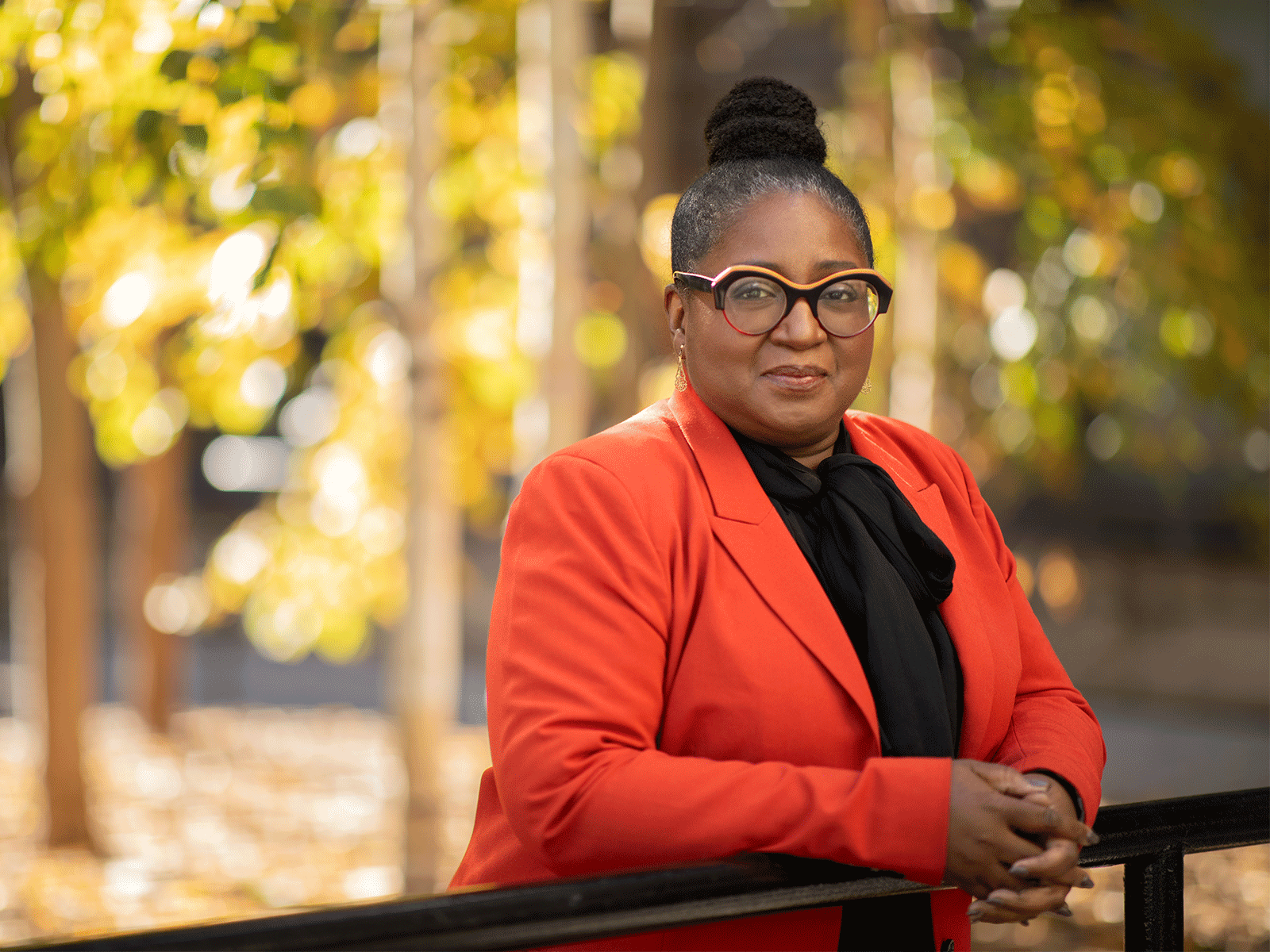
Notisha MassaquoiDepartment of Health & Society, UTSCConnaught Major Research Challenge for Black Researchers 2022-2023 Professor Massaquoi is an advocate for advancement in healthcare for Black communities. She is one of Canada's leading experts in developing equity-responsive organizations, and her research and advocacy have supported Canadian institutions in addressing anti-Black racism and the collection of race-based data. Most notably she co-chaired the Anti-Racism Advisory Panel of the Toronto Police Services Board and was responsible for producing the first mandatory race-based data collection policy for a police service in Canada. |
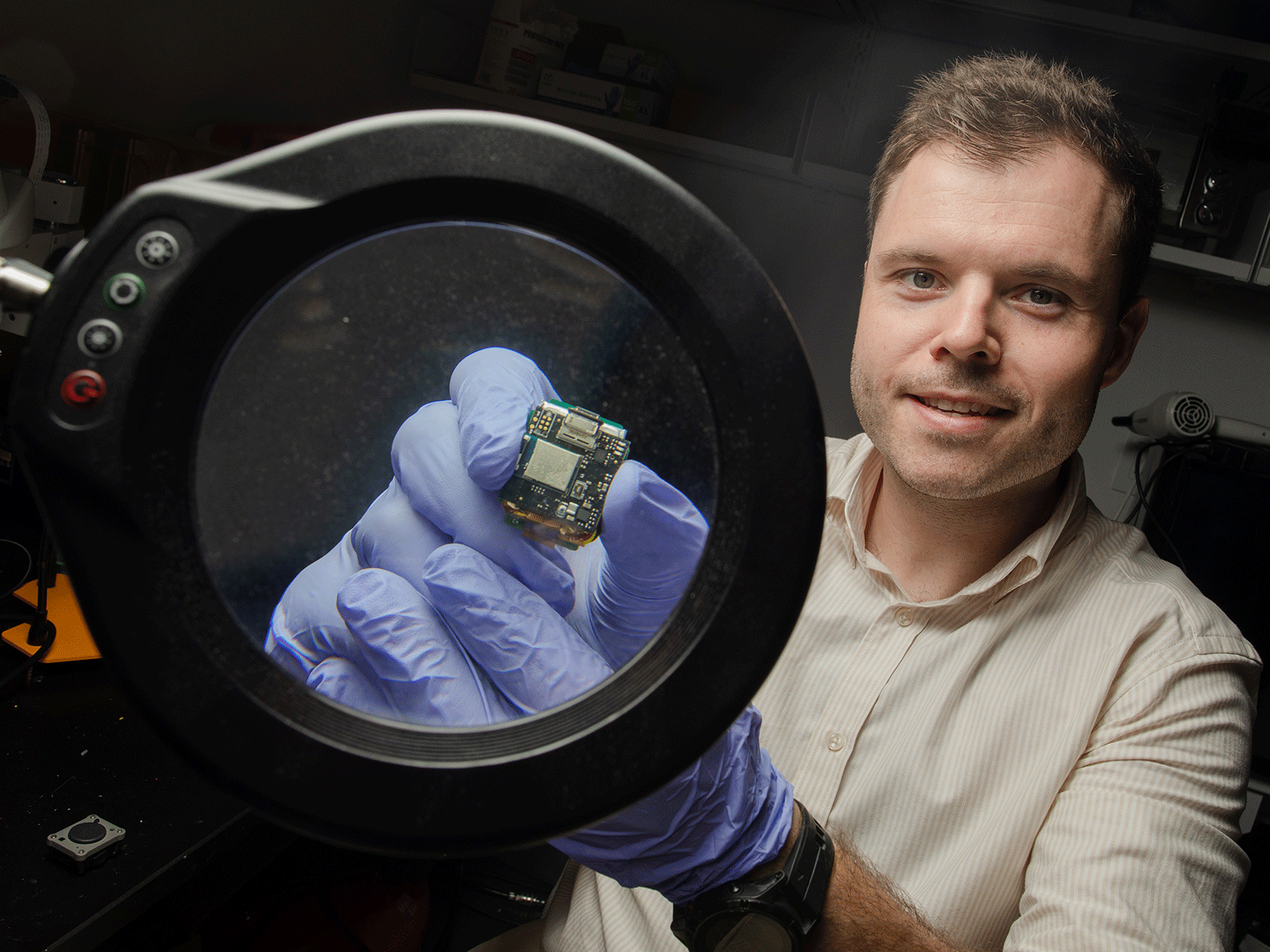
NerveX Neurotechnologies--University of Toronto Early Stage Technology (UTEST) 2023 Co-Founded by Chief Executive Officer Dr. Gerard O’Leary and Chief Scientific Officer, Professor Taufik Valiante, Department of Surgery, NerveX uses artificial intelligence to automate the generation of comprehensive medical records by integrating real-time medical transcriptions with physiological data collection. Beginning in the veterinary sector, their first product is the NXSCOPE device—a stethoscope attachment that measures animal vital signs to provide diagnostic insights that enhance efficiency and patient care. Looking ahead, NerveX plans to translate their technology into human healthcare to address broader medical applications. |

Ranaivo RasolofosonSchool of the EnvironmentConnaught New Researcher Award 2025 Professor Rasolofoson’s research addresses global challenges related to human health, development and environmental sustainability. He has investigated community forest management impacts on deforestation, economic and subjective wellbeing in Madagascar, forest impacts on diarrheal incidence in Central America and early childhood development and child nutritional outcomes within African inland fisheries. |
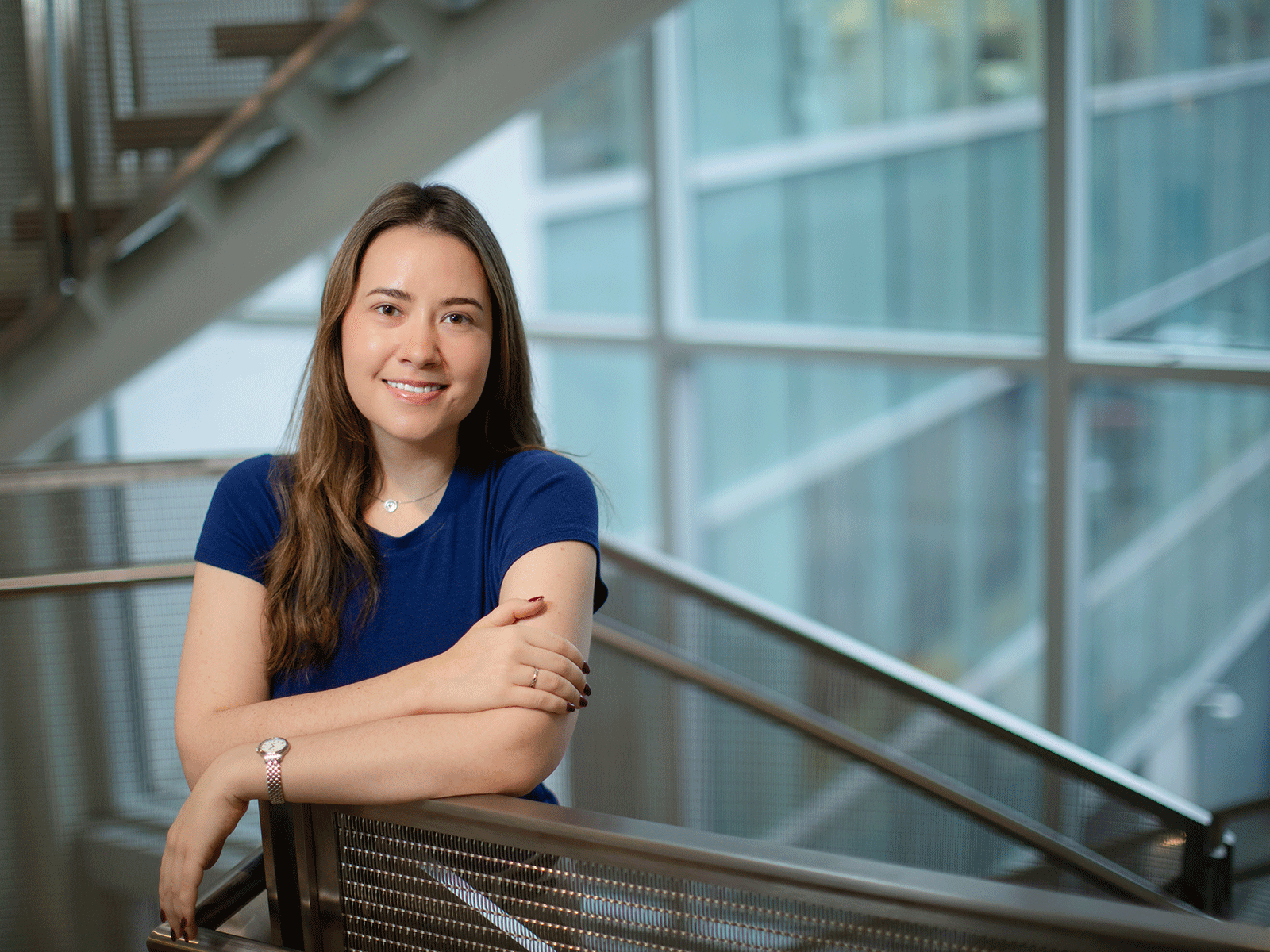
Catherine StrattonDalla Lana School of Public HealthConnaught PhDs for Public Impact Fellows 2025 Ms. Stratton’s research is focused on the design and optimization of patient registries for rare diseases. She leads a public impact initiative that with community partners is co-creating a comprehensive toolkit for the design and sustainability of patient-led rare disease patient registries. The toolkit aims to help patients foster a sense of ownership and agency over their health information. |

Nancy TahmoDalla Lana School of Public HealthConnaught International Scholarship 2023-2024 Mrs. Tahnmo’s research assesses the influence of sexual networks on HIV epidemics among men by adapting an HIV transmission model and co-designing a framework to scale integrated community engagement in HIV prevention research. Her previous work includes leading STI and HIV surveillance and prevention in Nebraska and managing re-emerging zoonotic diseases like Ebola Virus Disease and Lassa Fever in Sub-Saharan Africa. |

Y. Andre WangDepartment of Psychology, UTSCConnaught New Researcher Award 2025 Professor Wang’s research incorporates insights and methods from social, cognitive and quantitative psychology to better understand how people connect abstract ideas to concrete experiences. His work explores the human mind’s impressive capability to think beyond the here and now, including how people generate predictions about the future, make inferences about their general preferences from specific experiences and reason about broad moral values. |

Rasoul YousefpourJohn H. Daniels Faculty of Architecture, Landscape, and DesignConnaught Community Partnership Research Program 2025-2026 Professor Yousefpour studies decision processes that forests engage in to find the most advantageous adaptation and mitigation strategies. The goal of his work is to link forest ecosystem processes and functions with management-oriented and economy-based solutions. Recent projects include studying forest management approaches for safeguarding water resources against wildfires and modelling the forest management systems of Ontario conifer and broadleaved forests. |

Ángela Zorro MedinaCentre for Criminology and Sociolegal Studies and Henry N.R. Jackman Faculty of LawConnaught New Researcher Award 2025 Professor Zorro Medina’s research focuses on how the criminal justice system produces racial and social inequality in Latin America and the United States. Her work studies changes made during a period of criminal procedure revolution in Latin American and its impacts on crime rates, incarceration rates and the administration of justice in the region. Medina’s work in the U.S. examines how institutional arraignments exacerbate racial and social inequality through contact with the criminal justice system. |
